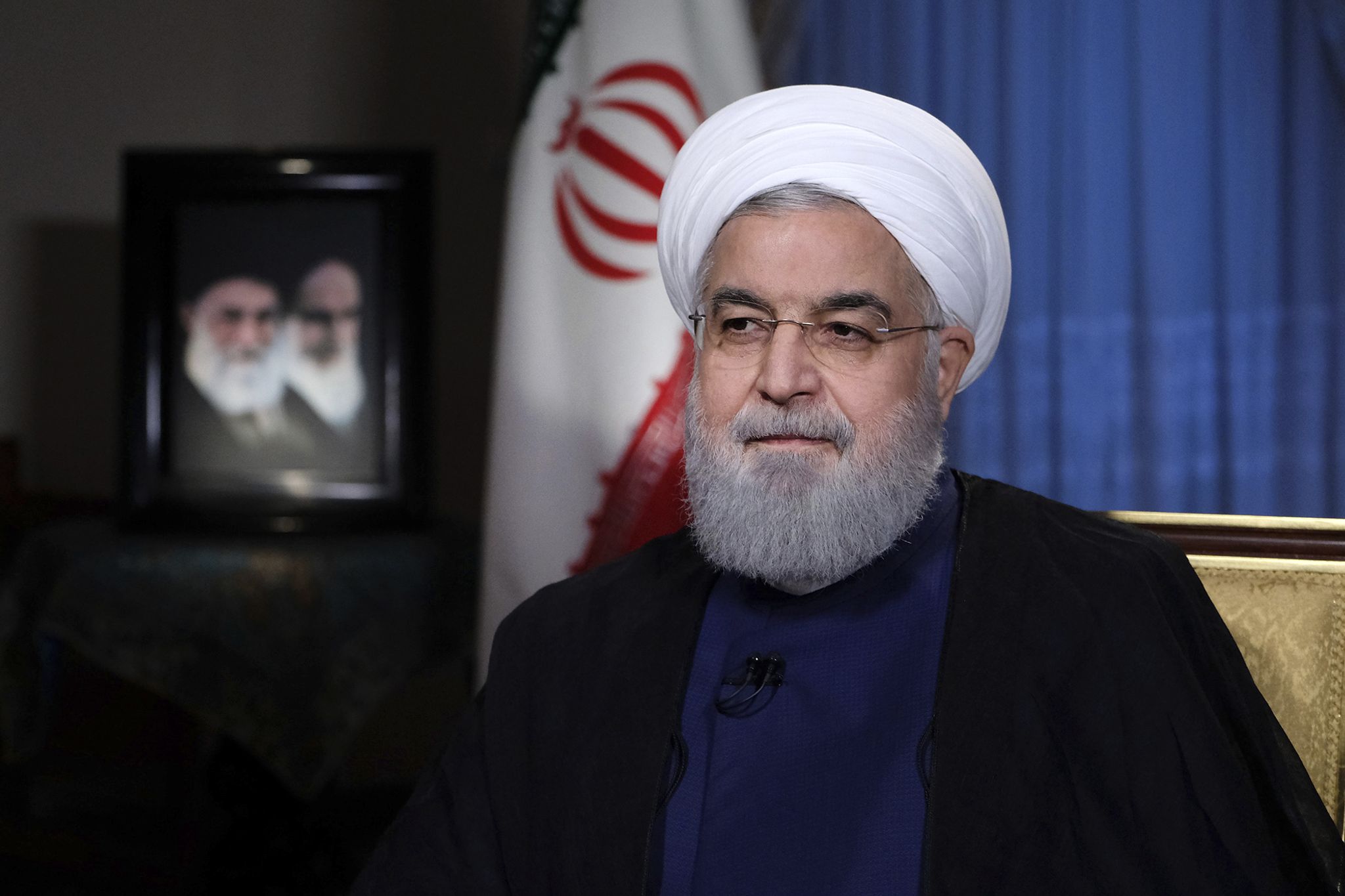
Iran’s Central Bank has announced details regarding its effort to launch a digital currency backed by the national currency, the rial, in response to the re-imposition of harsh economic sanctions by t
Iran’s Central Bank has announced details regarding its effort to launch a digital currency backed by the national currency, the rial, in response to the re-imposition of harsh economic sanctions by the U.S..
The state-supported effort has been spearheaded by the Iranian National Cyberspace Center (NCC) per order of Iranian President Hassan Rouhani.
It appears to have similarities to the shadowy cryptocurrency bitcoin, because transaction will occur via the blockchain, or distributed ledger technology, which stores information about all relevant transactions across a user network.
Tehran’s cryptocurrency, however, differs in that the Central Bank will control the issuance of new tokens, which will be backed by Iranian rials.
“The infrastructure is supposed to be as an ecosystem available for Iranian banks,” Ibena, the Central Bank of Iran’s news wire, reported earlier this week.
Alireza Daliri, deputy for management and investment at the Iranian Directorate for Scientific and Technological Affairs, last month told state-sponsored media Press TV that the “currency would facilitate the transfer of money (to and from) anywhere in the world” and will help Iran “at the time of sanctions.”
Analysts have called Tehran’s entrance into the murky, unregulated world of cryptocurrencies a desperate move driven by a mounting economic crisis in the wake of the Trump administration’s unilateral withdrawal from the 2015 Iranian nuclear deal. In the deal, Iran had agreed to curb its nuclear programs in exchange for the lifting of international economic sanctions.
The withdrawal was in May. Since then, the White House has accelerated a campaign to pressure other countries to cut their commercial and financial ties to Tehran. In early August, Washington re-imposed sanctions targeting Iran’s automotive industry, debt sector and metals trade.
The U.S. is poised to impose far more painful sanctions on Iran’s critical oil export sector starting Nov. 5, with a stated goal of driving Iran oil and gas sales to zero.
The uncertainty has pushed Iran’s rial to its weakest level in decades, with recent months witnessing major protests over the rising cost of basic goods.
Subverting dollar transactions
On Wednesday, Iran’s Supreme Leader Ayatollah Ali Khamenei urged the Islamic Republic to do more to tackle its economic problems.
“With regards to the economy, there is need for full force, large-scale and proficient work,” he was quoted as saying by Iran’s state-sponsored Press TV.
According to analysts, Iranian officials believe a domestic digital currency could offer a solution to moving money around the globe as Tehran becomes further isolated form the global banking system.
But Iranian bankers have also been skittish about cryptocurrencies and initially banned bitcoin and another leading digital currency, ethereum, earlier this year out of fear of money laundering within the country.
Earlier this month Yaya Fanusie, director of analysis at the Foundation for Defense of Democracies’ Center on Sanctions and Illicit Finance, wrote that “Russia probably is influencing Iran’s push toward crypto.”
In an article for Forbes, Mr. Fanusie noted that in May, Iranian and Russian press reported that senior economic official from both countries met in Moscow just before Tehran announced its central bank intended to develop a cryptocurrency aimed at subverting dollar transactions and the international SWIFT code banking system.
Mr. Fanusie also noted that Russian entrepreneurs recently helped Venezuela’s Maduro regime launch a state cryptocurrency.
Not long after the Venezuela digital currency was unveiled, Mr. Trump signed an executive order banning Americans from using it.






